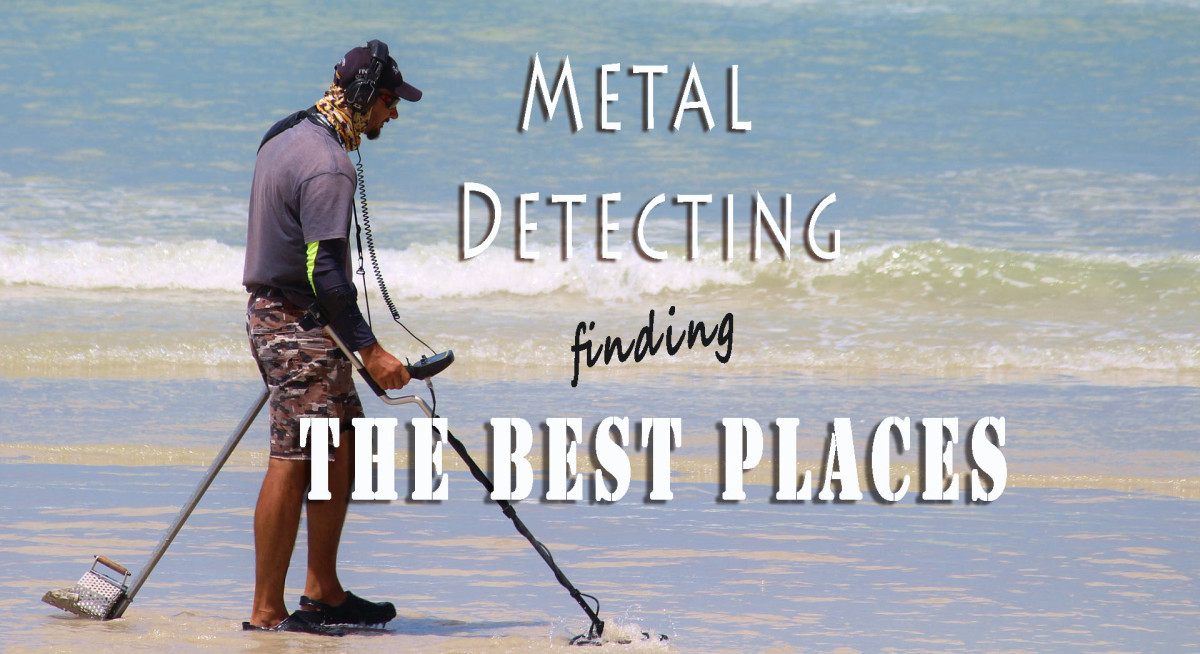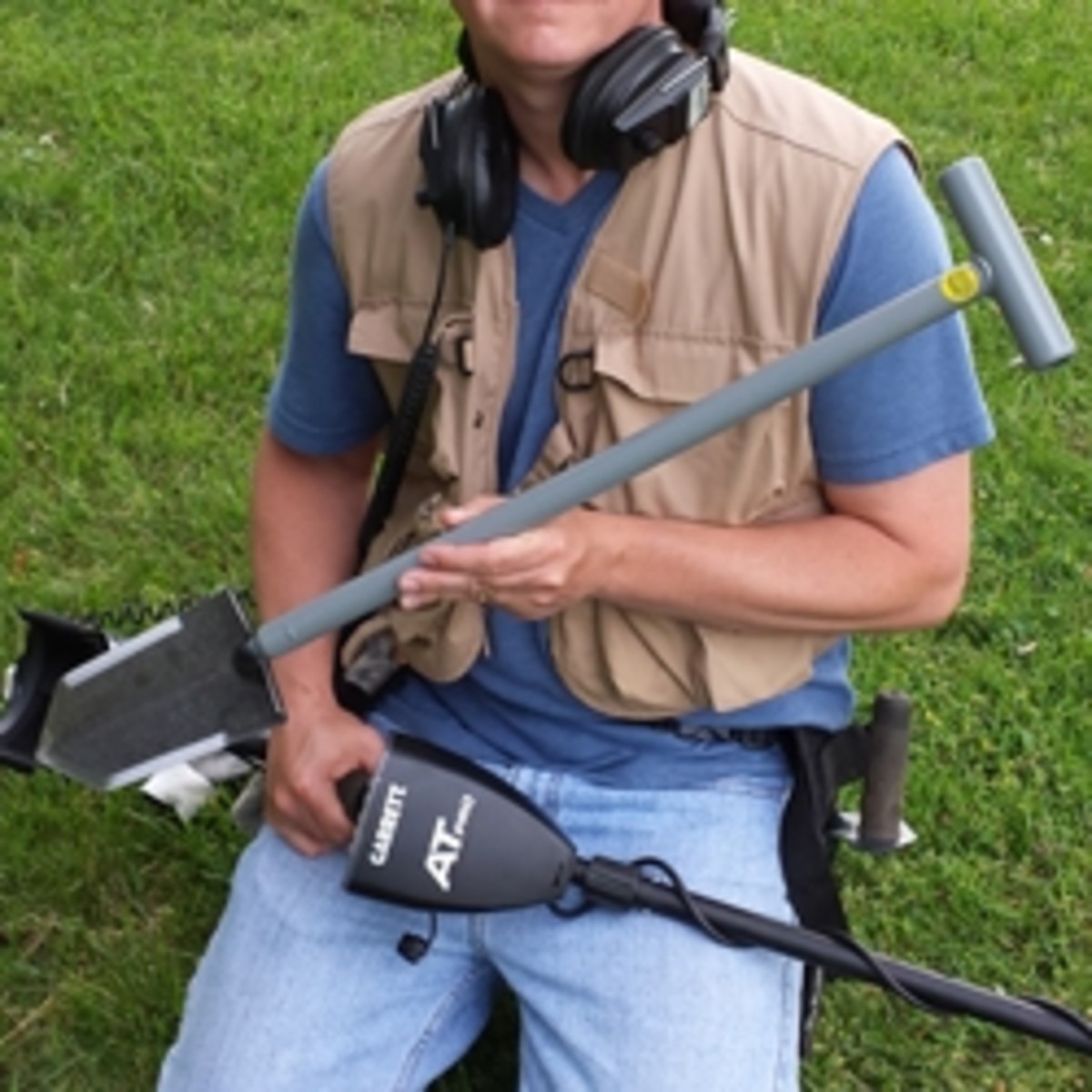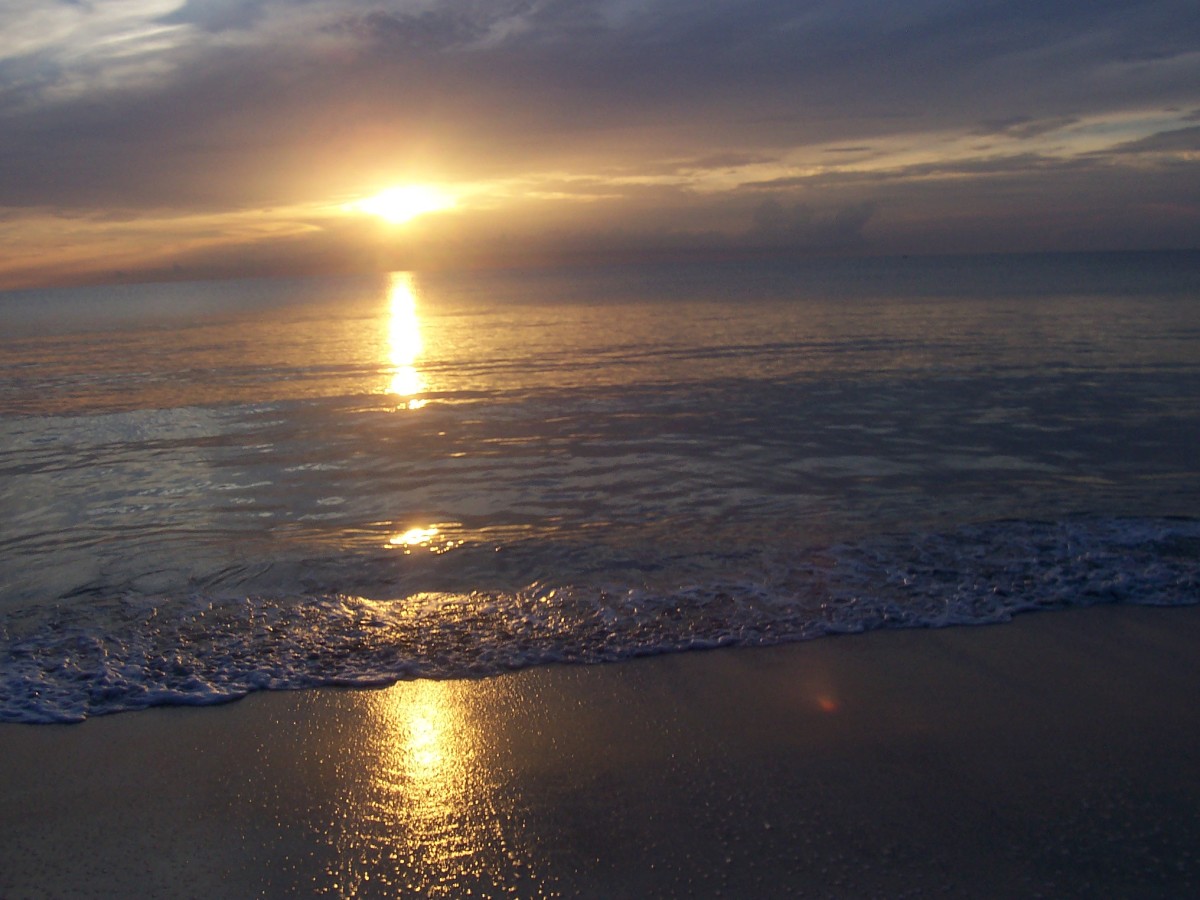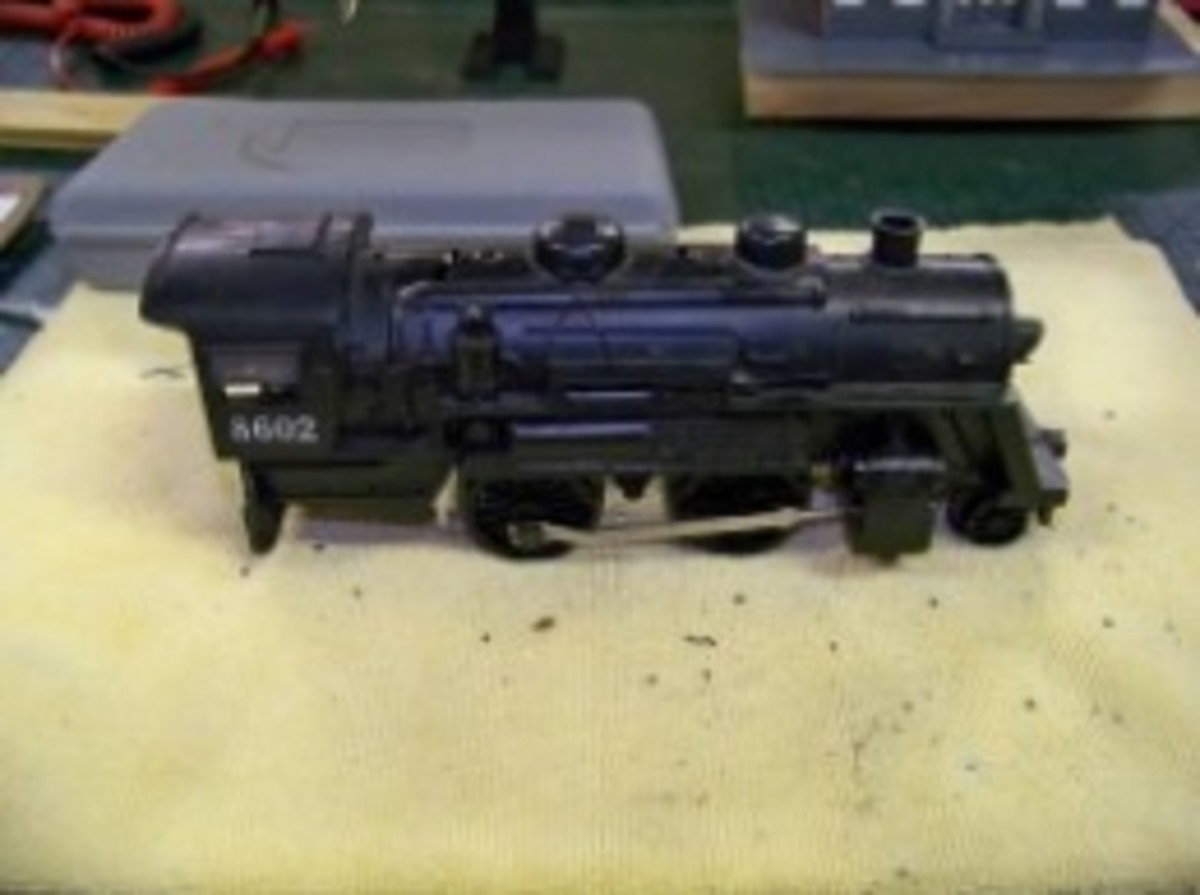Best Beach Metal Detecting Tips
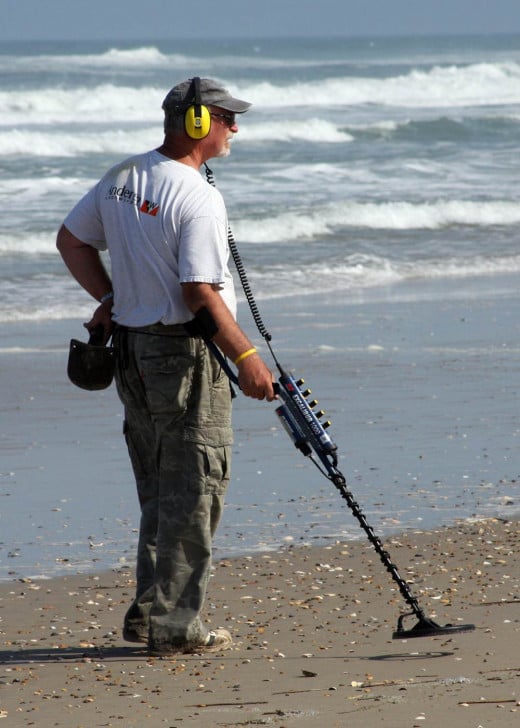
Beach metal detecting is fun because it is so easy, and also so profitable if you hit the right places.
Here are some of the best tips to make sure you get the best out of your hobby.
Not every metal detectorist has a popular beach within their driving area. Popular beaches are those that are used by families and those on vacation, to soak up the sun or indulge in watersports.
While such beaches have all sorts of exciting finds to be found in the sand, or in the water, there are a huge amount of beaches that seldom see a visitor.
Those shorelines, whether they are sandy or not, can still have a wealth of hidden treasure just waiting for you to find.
Centuries of wave activity from the sea have washed up all sorts of flotsam that has long since been buried beneath the dunes or gravelly beds.
Each tide can deliver more treasure from the sea, or unearth ancient artifacts.
Tidal currents, on-shore movements and drifts can all play a role.
The trick is to know WHEN is the correct time to go beach metal detecting.
Tidal action moves underwater treasures
Tides come in or out roughly every six hours or so.
So in each 24 hour period, there are two high tides, and two low tides.
The best time to go metal detecting on a beach is when the tide is ebbing. You can find out this information online from your local tide times site.
About 2 days after a full moon, the tide will recede to its lowest point in the month, as well as its highest point if you have timed your beach visit wrongly.
The reason you don't want to detect on a beach on an incoming tide is that it is very easy to not notice the rising waters, especially if your eyes have been drawn downwards as you continually search the area in front of you.
This could lead to a situation where you find yourself cut off from safety by the advancing water.
On some beaches, the tide comes in at an alarmingly fast rate and can catch you unawares.
Waterproof metal detector
If you are beach detecting, it is of vital importance that your metal detector is waterproof, and of the type that can be used in damp situations.
Even if you lift it out of the shallow water, and remember that on a shore below the high water mark, any hole you dig can quickly fill up with water, you have to lay your metal detector down in order to free your hands to dig a hole.
If your detector is not up to the job, it will quickly be ruined by this action.
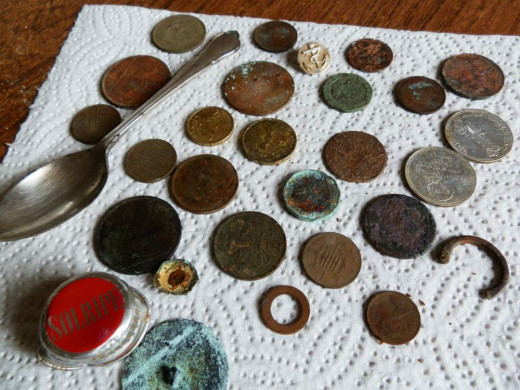
Beach metal detecting finds
Everyone who ever writes about beach metal detecting seems to have a beach nearby (or worth travelling to) just to pick up objects lost by beach-goers.
But as I said already, many beaches are enriched by wave action, and many coins are carried in by the waves.
On my local beach, which is in an industrial fishing town, no-one swims due to the sewage outlet that exists there.
But it is sandy, thanks to the importation of many tons of sand a long time ago by the then Town Council.
Even although it has gradually been returning to shingle, there is still enough sand to make it a pleasant place to sit on a hot summer's day, or to walk the dog.
Where there are people, there are coins, or others things that have been lost. Just today, I found a watch, deeply encrusted with oxides and barnacles, which just shows you how long it has been there.
I am finding coins that are no longer in currency, as well as an inordinately large amount of present day coins, brought in by the tide and simply lying on the surface of the sand, but which because of their color change, would lie unnoticed forevermore, were it not for the metal detector.
Storms are metal detectorists friends
Go to any beach after a storm, and the amount of coins recovered will double or more from normal.
This is thanks to the action of the waves, and of the wind and current.
While you might think that underwater everything would remain calm, in reality it doesn't, and a good storm can bring up all sorts of lost treasures from the ocean bed, ready to deposit on the nearest beach if the wind direction is right.
So, look out for an on-shore gale, about two days after a full moon, and get yourself out there at a time when the tide is ebbing, after checking your local tide times chart.
Beach metal Detecting Poll
When you go beach metal detecting, do you
These are some of the best beach metal detecting tips that can be offered.
If you live in an area where there are lots of other metal detectorists around, you may want to know the absolute best times to go metal detecting.
Remember too that high pressure weather patterns will bring yet lower tides, offering you the best chance to get in there first and find what other people have lost.


